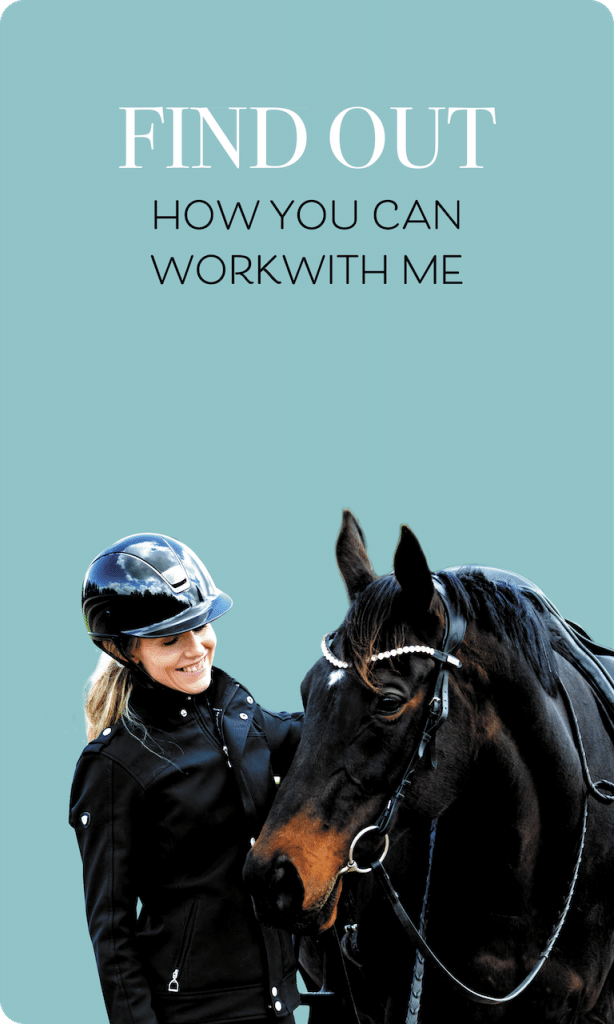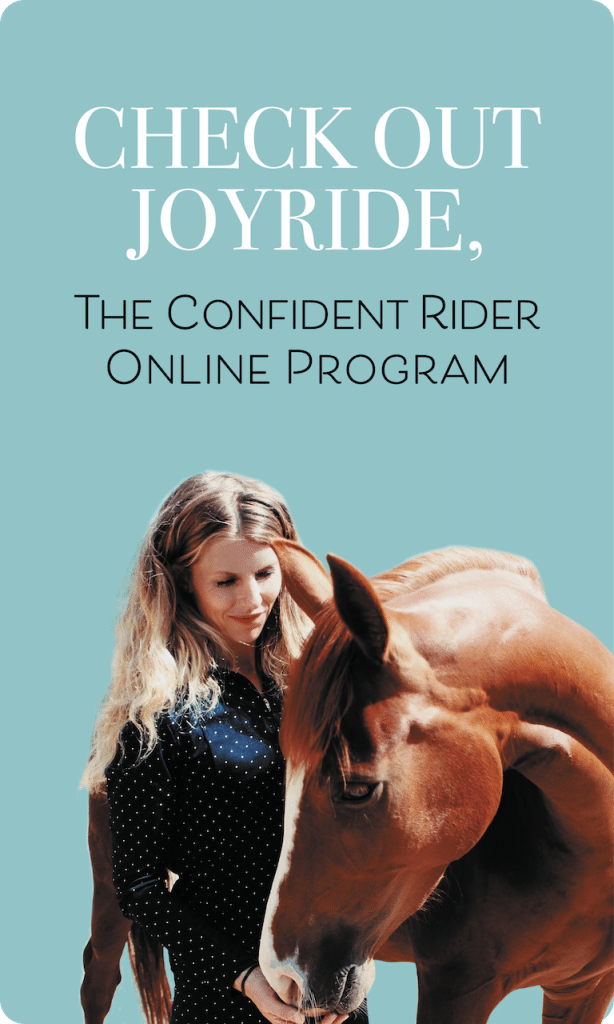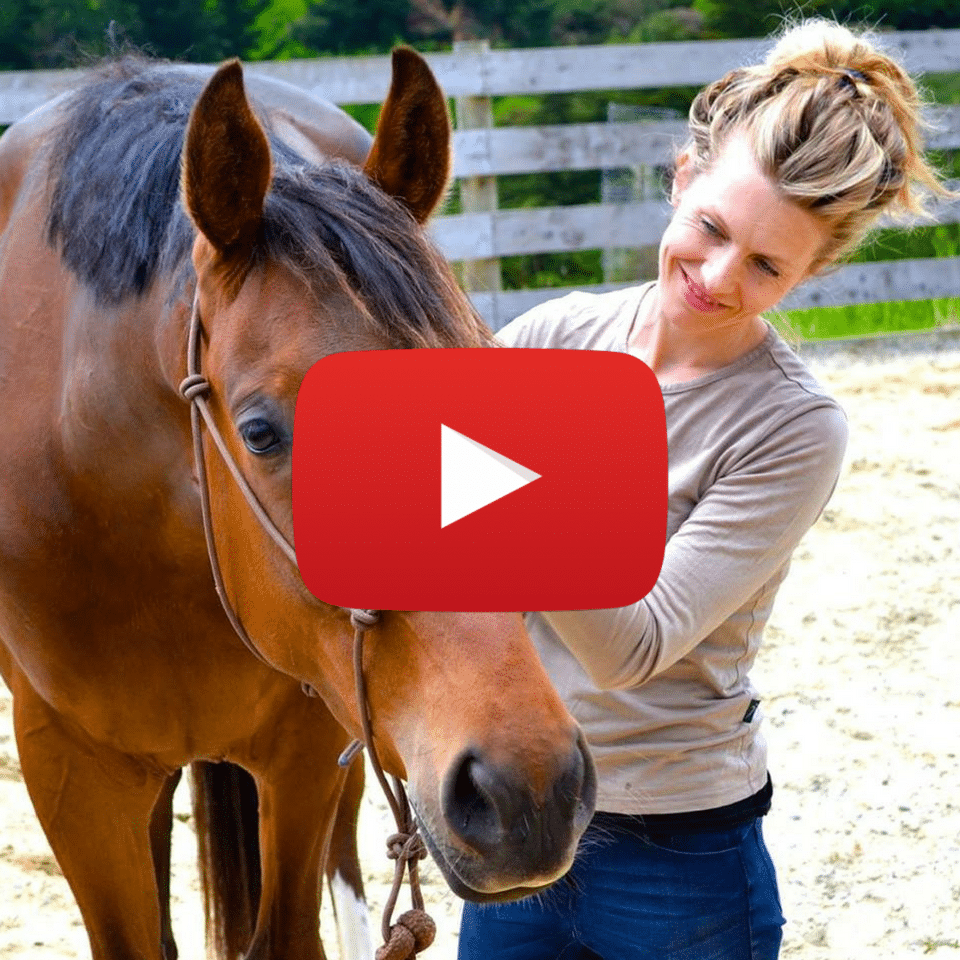We’ve touched on a few contributing aspects related to anxiety the last few days, but I wanted to throw another into the mix that is perhaps the least considered and even less so understood; anxiety (or feeling generally) that is absorbed or taken on from something or someone around us.
This tendency to “catch” emotions is officially referred to as emotional contagion, and there are various explanations offered as to why this occurs. For the purposes of this (very brief) discussion, however, I want to talk about it from the context of what I refer to as “unaware or unskilled sensitivity”, where we act as an emotional sponge and become easily overwhelmed or disabled by the emotions of others, including our horses.
It’s my experience that many of us are actually afraid and avoidant of emotions, especially emotions that we consider to be difficult or uncomfortable. This arises, in part, because we aren’t skilled firstly, in understanding the motivating questions behind emotions and what they are communicating, and secondly because we have become disconnected from our own bodies to the extent where emotions no longer act as clear communicators, but form a swirling pool of feeling that is difficult to make sense of. Our tendency to suppress or deny emotion comes mainly, then, because we have no clue how to skilfully deal with what it is we’re experiencing.
Skilled sensitivity involves being aware of and able to identify emotions and feelings as they exist in yourself and others. The accuracy with which we do so depends on how aware you are of your own internal state and how proficient you are at acknowledging and regulating feeling.
Trusting how we feel becomes all the more important when partnering with horses. With humans, we can ask for confirmation of the accuracy of what it is we are sensing; this is obviously not possible with our horses. How then do we go about developing this understanding between us?
By acknowledging and noticing how it is you feel.
How you feel in your body is always trustworthy; it communicates the reality of what’s present in the moment. The next stage is infinitely more difficult; separating out what is yours and what is theirs; being able to identify what is being felt and allow for it; developing an emotional vocabulary that allows us to artfully deal with what presents instead of being at the mercy of it.
Skills that are built moment by moment through practice, awareness and interaction.
Onwards.
❤️Jane





